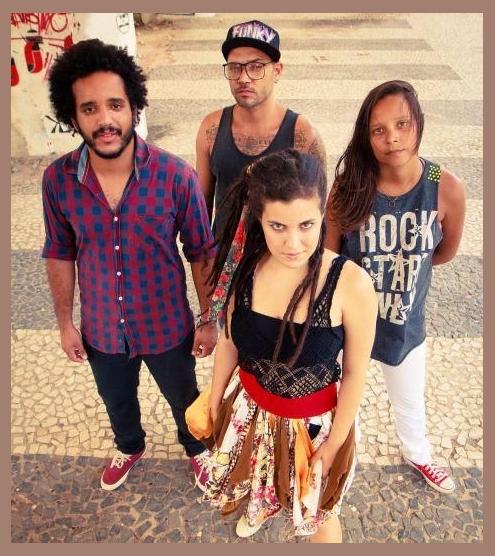 Canto Cego
Canto Cego
Canto Cego: Navigating Controversies and Musical Triumphs
Origins and Members:
Canto Cego emerged from the vibrant music scene of Porto, Portugal in 1994. The band's core members included vocalist Sérgio Godinho, guitarist Eduardo Costa, bassist Pedro Bettencourt, and drummer Luís Barros.
Musical Journey:
Canto Cego's music defied easy categorization, blending elements of alternative rock, grunge, and traditional Portuguese influences. Their raw and introspective lyrics explored themes of love, loss, and social commentary.
Controversies and Challenges:
The band's provocative lyrics and performances often sparked controversy. Their song "O Dono da Ordem" (The Master of Order), a scathing indictment of authoritarianism, drew particular ire from conservative circles. Despite the resistance, the band remained steadfast in their beliefs, using their music as a platform for social change.
Discography:
Canto Cego released a string of critically acclaimed albums throughout their career:
* "Canto Cego" (1994): Their debut album established their unique sound and raw emotional intensity.
* "Pássaros de Papel" (1996): The album solidified their position as one of Portugal's leading alternative bands.
* "Tão Longe" (1999): This introspective and atmospheric album showcased their musical evolution.
* "O Dono da Ordem" (2001): The album's title track became their signature anthem, challenging societal norms and injustices.
* "Outro Tempo" (2005): Their final studio album marked a departure from their signature grunge sound, embracing more acoustic and experimental elements.
Legacy and Impact:
Canto Cego's music left an indelible mark on the Portuguese music landscape. Their honest and confrontational lyrics resonated with audiences, inspiring a generation of artists to embrace their own unique voices.
Despite disbanding in 2006, the band's influence continues to be felt. Their music remains a testament to the power of art to challenge authority and connect with the human experience.
Origins and Members:
Canto Cego emerged from the vibrant music scene of Porto, Portugal in 1994. The band's core members included vocalist Sérgio Godinho, guitarist Eduardo Costa, bassist Pedro Bettencourt, and drummer Luís Barros.
Musical Journey:
Canto Cego's music defied easy categorization, blending elements of alternative rock, grunge, and traditional Portuguese influences. Their raw and introspective lyrics explored themes of love, loss, and social commentary.
Controversies and Challenges:
The band's provocative lyrics and performances often sparked controversy. Their song "O Dono da Ordem" (The Master of Order), a scathing indictment of authoritarianism, drew particular ire from conservative circles. Despite the resistance, the band remained steadfast in their beliefs, using their music as a platform for social change.
Discography:
Canto Cego released a string of critically acclaimed albums throughout their career:
* "Canto Cego" (1994): Their debut album established their unique sound and raw emotional intensity.
* "Pássaros de Papel" (1996): The album solidified their position as one of Portugal's leading alternative bands.
* "Tão Longe" (1999): This introspective and atmospheric album showcased their musical evolution.
* "O Dono da Ordem" (2001): The album's title track became their signature anthem, challenging societal norms and injustices.
* "Outro Tempo" (2005): Their final studio album marked a departure from their signature grunge sound, embracing more acoustic and experimental elements.
Legacy and Impact:
Canto Cego's music left an indelible mark on the Portuguese music landscape. Their honest and confrontational lyrics resonated with audiences, inspiring a generation of artists to embrace their own unique voices.
Despite disbanding in 2006, the band's influence continues to be felt. Their music remains a testament to the power of art to challenge authority and connect with the human experience.